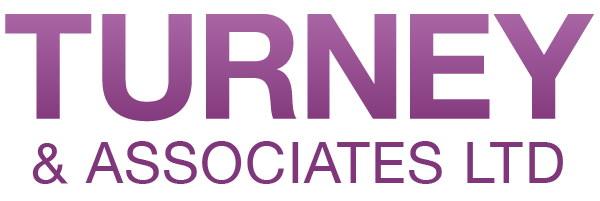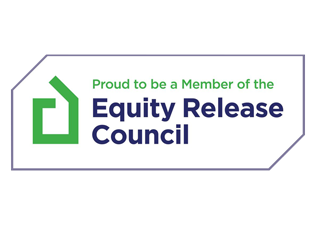Divorce/Separation can be a difficult and stressful time, and one of the biggest challenges can be determining how to divide assets and property. One of the most important assets to consider is the family home, and figuring out who will keep it and how to afford it can be a major source of tension and conflict.
A Mortgage Capacity letter can help to alleviate any problems by providing a clear and objective assessment of each spouse’s ability to afford a mortgage. The assessment takes into account each spouse’s individual income, expenses, credit history, and debts, and can be used to guide decisions about how to divide assets and property.
A Mortgage Capacity letter, formally outlines the amount and type of mortgage you might be eligible for after a divorce or separation. It will be based on your specific and individual circumstances.
The information used will be factual information that you know to be certain, for example:
- Your income
- Current debts and financial commitments
- The outstanding mortgage
- Property value and equity
- Savings and investments
- Children and dependants
A Mortgage Capacity letter can be a valuable tool for you and your solicitor during the process of dividing assets and property in a divorce. Your solicitor can use it to help you understand your ability to afford a mortgage on your own and make decisions about the family home. It will show the viability of changing the joint mortgage into one person’s name (external link).
Your solicitor can use the document as evidence in court during the financial settlement process, it will help the court to understand your financial situation and make a fair decision about the division of assets and property. A judge would hear information from both sides and the report would provide a concise appraisal of your borrowing capacity and the impact this would have on your finances.
The information can help negotiate a settlement, by providing a clear and objective opinion of your ability to afford a mortgage, it can help to avoid disputes and reach an agreement that is financially sound for both parties.
You will likely need to provide the following information
- Your current income, including salary, bonuses, commissions, and any other sources of income.
- Your expenses, including rent or mortgage payments, utilities, credit card payments, car payments, and any other regular expenses.
- Your credit history, including your credit score and any outstanding debts or loans.
- Your employment history, including current job and previous employment.
- Your assets, including any property, investments, or savings you may have.
- Your liabilities, including any outstanding debts or loans.
- Information about any dependants, such as children or elderly parents, who may impact your ability to afford a mortgage.
- Any other information that may be relevant to your ability to afford a mortgage, such as upcoming large expenses or changes in your financial situation.
It’s important to be as honest and accurate as possible when providing this information, as it is used to make important decisions about your finances and ability to afford a mortgage.
Proof of ID will also be required. This might include:
- A valid passport
- A valid driver’s licence
- A recent utility bill or bank statement that includes your name and address.
We can help you
Give us a call on 01223 329666 or email us, we can call you back at your convenience.
Contact us to discuss your situation and your options





